Carrie wonders if it was her fault. Was it the drink she had on New Year’s Eve? The hard run she took two days later?
Belle feels guilty for taking her pregnancy for granted. She was so close to the second trimester.
Sylvia pushes herself. She wants to try again as soon as she can.
They all hurt when they see babies at restaurants. They cry or get angry when they see them on TV.
And they all feel so alone when they see newborns in the arms of friends who don’t know what dealing with miscarriage feels like.
Friends who don’t know what to say. Friends who say, “You’ll have another. At least you know you can get pregnant.”
Unfortunately, Carrie, Belle, and Sylvia don’t know what to say either. And they don’t know whom they can share it with.
The loss is invisible, but it’s also heartbreakingly real.
As painful and prevalent as miscarriage is, it is still the loss that no one talks about.
Try a few of these strategies for dealing with miscarriage
Accepting that your miscarriage occurred does not make it invisible or dismissible.
However you’re feeling is really okay. You expected to be transitioning to motherhood right now. You have a right to be sad, to feel cheated, to experience anger, and to work out guilt and anxiety completely and without shame. You have a right to feel confused, or empty, or nothing at all.
You have a right to your own healing process. To notice your emotions, to name them, and to feel them deeply as they occur.
Even if people unknowingly say insensitive things like, “It was meant to be,” don’t push past your emotions or bury them in order to “get over it.”
Make space for the miscarriage.
Once you give your emotions room, you’ll need time and space to cope with your loss. Allow yourself time to work through things without everyday stresses and responsibilities.
Appropriate some of the time you set aside for postpartum recovery to recover from your loss.
If many people know about the pregnancy and you feel overwhelmed about communicating the loss, ask a close friend to relay the situation, so that you may have time to decide how you want to share.
Reach out to the right people.
If you are struggling, you need compassion, tenderness, sensitivity, and understanding. The everyday experience of living without your baby and dealing with miscarriage should be shared with someone patient and encouraging. You don’t need judgment, insensitivity, or disapproval.
Reach out to someone who will be available and open to you. Meet with a friend or support group of other women who have had miscarriages.
Consider a counselor who can be an objective listener and help you navigate any mental or emotional trouble spots that might hinder your recovery.
Utilize community and online resources.
The Internet offers a host of counseling websites, hotlines, and social media groups offering compassionate dialogue, opportunities to share stories, and ideas for working through tough moments at any time of the day or night.
Connect with your partner.
If you have a partner, he or she may be trying to manage your pain as well as his or her own. Or your partner may not want to deal with it at all. Or your partner may want to talk about it all the time.
You may find that you’re both trying to cope and that communication while dealing with a miscarriage is difficult.
It’s natural to feel a bit like you’re walking on eggshells, but do your best to keep reaching out and responding to each other. Give each other the space to express your feelings openly. Refrain from blaming, and honor your relationship as partners and mourning parents.
Honor your child’s presence.
You may want to mark your baby’s life and death in a way that brings closure and healing, no matter how far along you were in the pregnancy. You may also find that this gesture is both cathartic and creates an opening for conversation with friends or loved ones who felt uncomfortable broaching the topic.
Together, you can remember the love and hope you had for your child.
Together you, your partner, and your loved ones can strengthen your relationships as you let your little one go.
For more information on Infertility and Prenatal Loss Counseling click here.


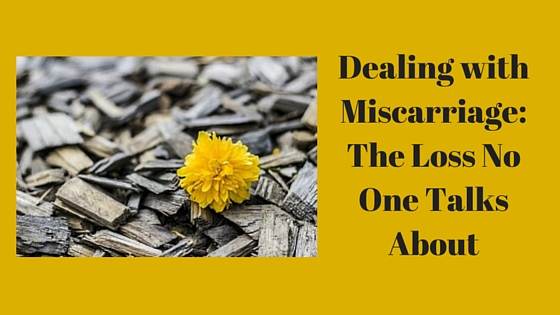

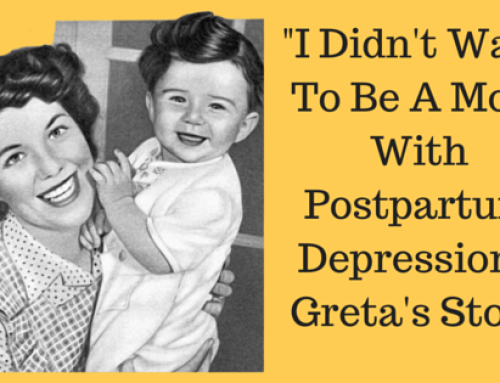
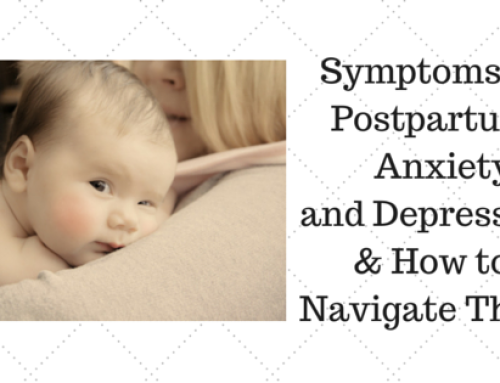
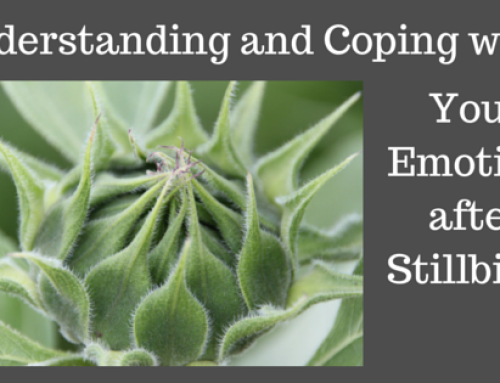
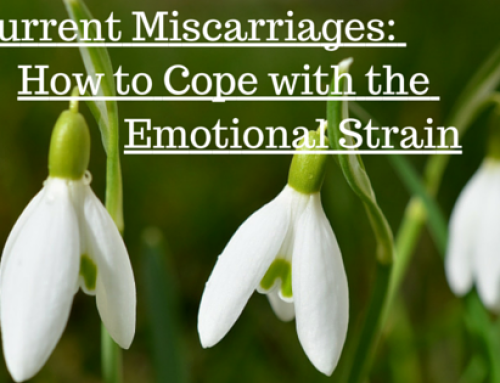
Leave A Comment